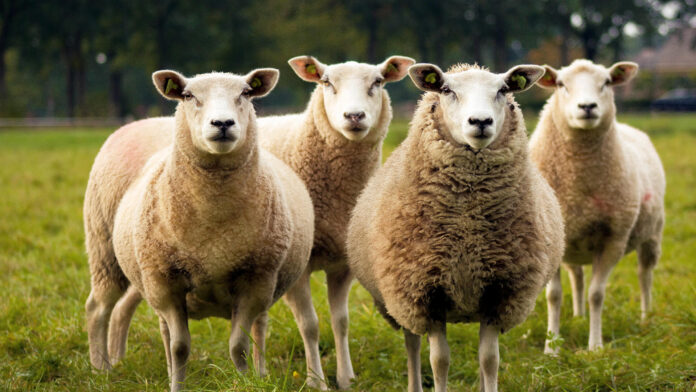Our charity partners One Ummah explain the importance of giving Qurbani (Udhiyah) in Dhul Hijjah.
Qurbani, also known as Udhiyah, is a significant act of worship in Islam that is performed annually during the Islamic month of Dhul Hijjah. It involves the sacrifice of an animal, such as a goat, sheep, cow, or camel, as an act of obedience to Allah (SWT) and to commemorate the sacrifice of Prophet Ibrahim (as). Qurbani holds great importance in Islam and has many virtues and benefits for the believer.
The practice of Qurbani dates back to the time of Prophet Ibrahim (as) when he was commanded by Allah (SWT) to sacrifice his beloved son Ismail (as). However, after the test of faith, Allah (SWT) replaced Ismail (as) with a ram, which Prophet Ibrahim (as) sacrificed instead. This act of obedience and sacrifice is remembered and celebrated by Muslims around the world every year through the practice of Qurbani.
Quran & Sunnah
The Quranic reference to Qurbani is found in Surah Al-Hajj where Allah (SWT) says, “It is neither their meat nor their blood that reaches Allah, but it is your piety that reaches Him.” (22:37). This verse emphasises that the act of sacrificing an animal is not just about the physical act of slaughter, but it is the intention and piety of the believer that is most important.
The Sunnah of Prophet Muhammad (saw) also highlights the significance of Qurbani. He (PBUH) said, “Whoever can afford it but does not offer a sacrifice, let him not come near our place of prayer.” (Sunan Ibn Majah). This Hadith stresses the importance of Qurbani and encourages Muslims to perform this act of worship.
Benefits of Qurbani
Subscribe to our newsletter and stay updated on the latest news and updates from around the Muslim world!
There are many virtues and benefits of Qurbani in Islam. Firstly, Qurbani is a means of expressing gratitude and thankfulness to Allah (SWT) for His blessings. By sacrificing an animal, the believer is acknowledging the blessings of Allah (SWT) and demonstrating his or her willingness to give back.
Secondly, Qurbani is a means of drawing closer to Allah (SWT). Through this act of worship, the believer is demonstrating his or her submission to Allah (SWT) and seeking His pleasure. The sacrifice of an animal is a symbol of obedience and a reminder of the ultimate sacrifice made by Prophet Ibrahim (as).
Thirdly, Qurbani is a means of fulfilling the needs of the poor and needy. After the animal has been sacrificed, the meat is distributed among family, friends, and the less fortunate. This act of charity and kindness is a way of fulfilling the rights of others and helping those in need.
In conclusion, Qurbani is a significant act of worship in Islam that holds great importance and many virtues. It is a means of expressing gratitude to Allah (SWT), drawing closer to Him, and fulfilling the needs of the less fortunate. As Muslims, we should strive to perform Qurbani with sincerity and devotion, following the example of Prophet Ibrahim (as) and seeking the pleasure of Allah (SWT).
One Ummah
One Ummah is a trustworthy charity that distributes Qurbani meat in over 18 countries in accordance with the Quran and Sunnah. Operating on a 100% donation policy, every penny received is dedicated to Qurbani and helping those in need.
Alhamdulillah, with the support of their dedicated donors, One Ummah have been able to provide Qurbani meat to 149,625 beneficiaries last year. Their focus extends beyond Qurbani itself; they strive to fulfil the holistic needs of the poor and needy.
By supporting One Ummah, you can participate in this blessed act of worship and contribute to their mission of alleviating poverty and serving humanity. May our collective efforts be accepted by Allah as we continue serving with sincerity and compassion.
You can find out more about how to easily donate by clicking here.
One Ummah are 5Pillars’ charity partners and this article is an advertorial.


















